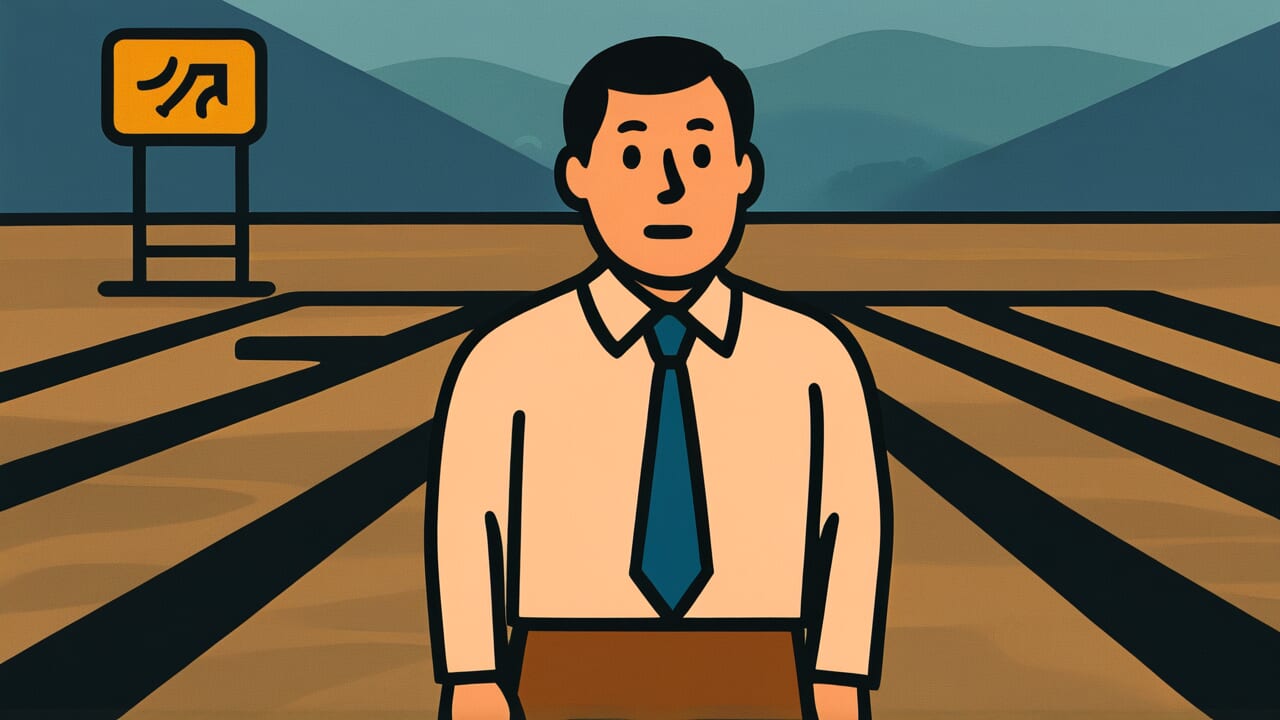How to Read “The local lord has no law”
jitō ni hō nashi
Meaning of “The local lord has no law”
“The local lord has no law” is a proverb that means laws don’t apply to those in power or high positions.
Everyone should be equal under the law. But in reality, powerful people can ignore laws or interpret them for their own benefit. And nobody can stop them.
This proverb criticizes the unfair use of power. People use it to express frustration or irony about unreasonable situations.
For example, when a boss or company leader breaks rules but nobody can call them out. Or when politicians disregard laws without facing punishment.
Unfortunately, this structure still exists today. People with power use their position to act with special privileges.
Rules that strictly apply to ordinary people don’t apply to them. This unfairness remains a social problem across all eras.
Origin and Etymology
This proverb reflects the reality of Japan’s feudal society from medieval to early modern times.
“Jitō” refers to officials who managed estates and public lands starting in the Kamakura period. Minamoto no Yoritomo established this system by placing protectors and jitō throughout the country.
Jitō held important responsibilities. They managed land, collected annual taxes, and maintained public order.
But they wielded great power in lands far from the capital. This led to frequent abuses of authority.
They were supposed to follow the laws of the imperial court or shogunate. Yet in reality, they exercised independent judgment within their territories.
They often collected unfair taxes from farmers. They bent laws for personal gain. These abuses were common.
In remote areas beyond the central government’s reach, the jitō’s power became absolute. Even when injustice occurred, people found it nearly impossible to file complaints.
From this situation, the phrase “The local lord has no law” was born. People expressed this reality with irony and resignation.
Those with power transcended the law. This is how people captured that harsh truth.
Usage Examples
- The company president is always late but nobody dares to criticize him—truly “the local lord has no law”
- When I see politicians exposed for scandals yet never punished, I remember the saying “the local lord has no law”
Universal Wisdom
“The local lord has no law” sharply reveals the nature of power in human society.
Why do those with power transcend the law? The answer lies in power’s dual nature.
Power originally exists to maintain social order and protect people. But this proverb teaches us something about human nature.
Without systems to monitor and limit power, it will always run wild. The power to punish those in power is itself power. Without someone holding that power, nobody can stop the powerful.
A deeper truth emerges here. Humans are geniuses at justifying their own actions.
When people gain power, they start reinterpreting their special treatment. They call it “privileges matching their heavy responsibilities” or “discretion for efficient judgment.”
Even without bad intentions, position distorts perception.
This proverb has been passed down for hundreds of years for a reason. In any era, in any society, humanity cannot escape the challenge of monitoring power.
Democracy and the rule of law may be wisdom born from confronting this universal human weakness.
When AI Hears This
No matter how strong central authority is, its influence weakens rapidly with distance.
In network theory, information and influence decay with each relay point they pass through. For example, when orders travel from center to periphery through official A to official B to official C, research shows accuracy and enforcement power drop about 30 percent at each stage.
After three intermediaries, less than half the original force remains.
Even more interesting is that local areas have their own dense networks. A local power holder like a jitō connects directly with dozens of people in that territory.
Meanwhile, the central authority can only access from far away through one thin transmission channel.
Network science proves that tightly connected groups resist outside influence. The strong network of local relationships bounces back the weak signal from the center.
The same phenomenon happens on modern social media. Even when giant platform companies create terms of service, specific communities prioritize their own rules.
Physical distance may have disappeared, but the concept of network distance remains alive today.
Lessons for Today
This proverb teaches you that monitoring power is each person’s responsibility in society.
“The local lord has no law” situations will inevitably emerge if left unchecked. That’s why we need the courage to speak up.
If you witness unfairness in your organization, don’t overlook it. You don’t need direct confrontation.
Keep records. Consult someone you trust. Report to appropriate channels. Even small actions help prevent power from running wild.
At the same time, if you ever hold any authority yourself, remember this proverb.
Everyone’s judgment becomes distorted when they gain power. The moment you think you’re immune is the most dangerous time.
That’s why conscious self-discipline matters. Listen to others’ opinions. Make efforts to maintain transparency.
What can change the reality of “the local lord has no law” isn’t the law itself. It’s the will of people trying to uphold it.
Your small courage becomes one step toward creating a fair society.



Comments